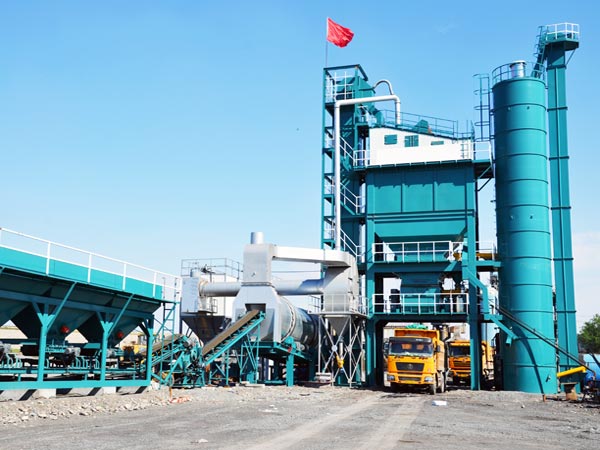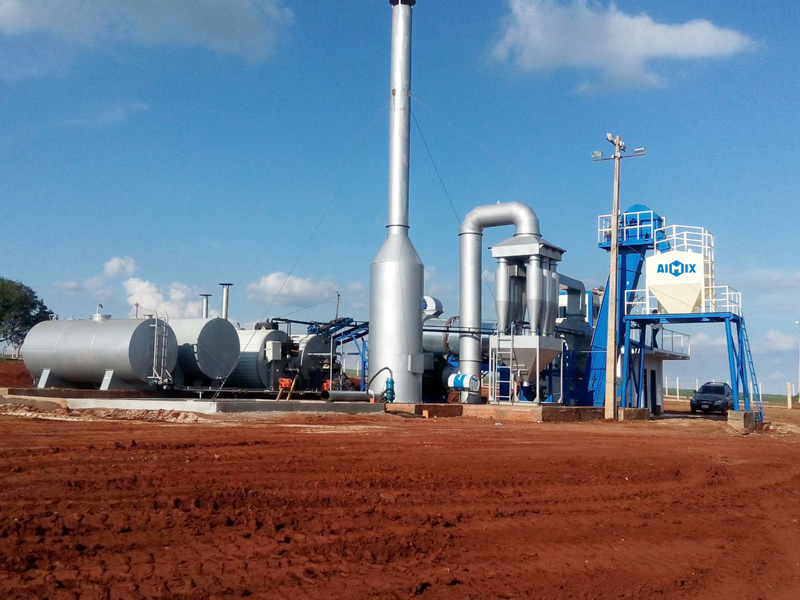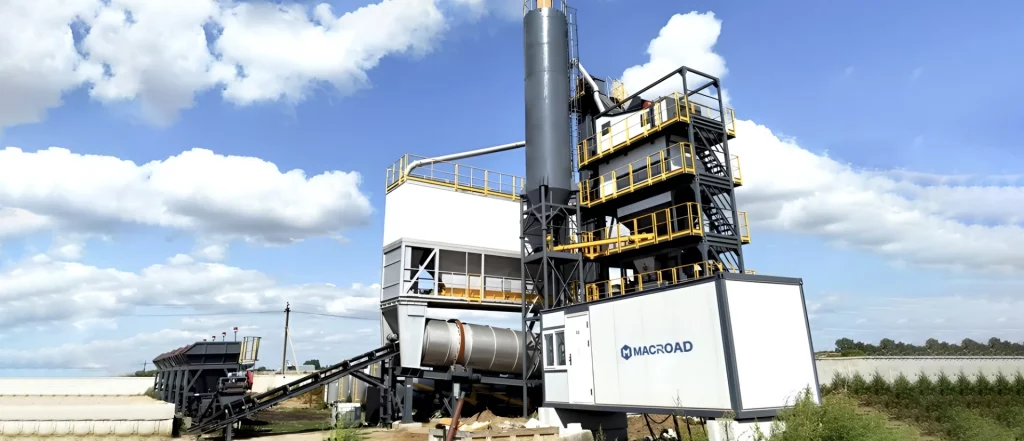Finished material silos, whether independent or part of an integrated storage system, play a critical role in maintaining asphalt mix quality and operational efficiency. This article compares independent and integrated storage systems in terms of thermal insulation performance and space occupancy within asphalt plants, focusing on user-centric considerations.

Thermal Insulation Performance Comparison
Thermal insulation is paramount in finished material silos to prevent temperature loss in the asphalt mix, ensuring it remains workable and meets specifications during loading and transport. Both independent and integrated silos employ insulation, but their performance can differ based on design and implementation.
Independent silos often offer greater flexibility in insulation design. They can be equipped with thicker insulation layers and more advanced insulation materials, potentially leading to superior thermal retention. This is particularly beneficial in colder climates or for mixes requiring strict temperature control, such as polymer-modified asphalt (PMA). Integrated storage systems, being part of a larger plant structure, might have constraints on insulation thickness or material choice due to space limitations or structural considerations.
However, modern integrated systems are increasingly incorporating high-performance insulation to minimize heat loss. The choice often depends on the specific needs of the plant and the mixes being produced. For example, an asphalt mobile plant, prioritizing portability, might compromise slightly on insulation to reduce weight and size.

Space Occupancy and Layout Considerations
Space occupancy is a significant factor when choosing between independent and integrated finished material storage systems. The layout and available space at the asphalt plant site often dictate the most suitable option.
Independent silos, while offering potentially better insulation, typically require more ground space. Each silo occupies its own footprint, demanding a larger area for installation. This can be a limiting factor for plants with constrained sites or those operating in urban environments. Integrated storage systems, on the other hand, are designed to be compact and efficient in their space utilization. They are often incorporated into the overall plant structure, minimizing their footprint and optimizing the use of vertical space. This is particularly advantageous for stationary asphalt mix plant where space is at a premium.

Operational and Cost Implications
Beyond insulation and space, operational and cost factors influence the choice between independent and integrated silos.
Independent silos offer greater flexibility in terms of expansion. Adding capacity is typically easier with independent silos, as new units can be added without major modifications to the existing plant structure. However, they may require additional conveying systems and infrastructure, increasing the overall cost. Integrated systems, while more compact, can be more challenging and expensive to expand. Modifications often require significant structural alterations. The initial investment for an integrated system may be higher, but the reduced footprint and potentially lower operating costs (due to efficient material handling) can offset this over time. The optimal choice depends on the plant’s long-term production goals and budget constraints. For instance, an asphalt batch plant, known for its flexibility in mix designs, might opt for independent silos to easily accommodate different material storage needs.
In conclusion, both independent and integrated finished material silos offer advantages and disadvantages in terms of thermal insulation performance and space occupancy. The best choice depends on a careful evaluation of the plant’s specific needs, operational requirements, and budget considerations.